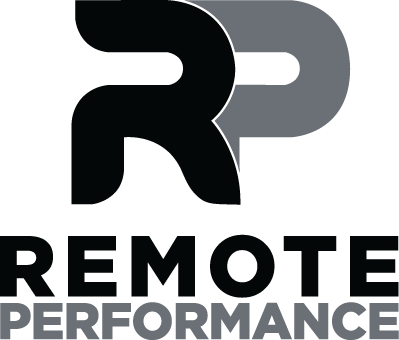When most people hear “creatine,” they picture muscle-bound gym rats chugging neon-colored shakes and flexing in the mirror. And while creatine has certainly earned its place in the fitness world, the truth is: creatine isn’t just for bodybuilders.
In fact, creatine monohydrate is one of the most well-studied, effective, and versatile supplements on the planet—and its benefits extend far beyond the gym.
Let’s cut through the noise, tackle the myths, and show you why creatine belongs on the shelf of anyone looking to perform better—whether that means crushing a workout, sharpening focus during a Zoom call, or supporting long-term brain health.

Myth #1: “Creatine is a steroid.”
Nope. Not even close. Creatine is not a hormone, it’s not a steroid, and it’s not “unnatural.” Creatine is a compound your body already produces and stores in muscles and your brain to help recycle energy. Supplementing with creatine simply increases those natural reserves so you have more fuel on hand when you need it.

Myth #2: “Creatine is just for bulking up.”
Sure, creatine supports muscle strength and growth—but that’s only one slice of the pie. Think of creatine as an energy optimizer. Your cells, especially in your muscles and brain, rely on ATP (adenosine triphosphate) for energy. Creatine helps your body recycle ATP faster, which means:
- More strength and endurance in workouts
- Sharper mental performance when your brain is under pressure
- Faster recovery between bouts of physical or mental stress
So while yes, creatine is fantastic for muscle gain, its benefits run much deeper.

Myth #3: “Creatine is just for men.”
This one’s especially misleading. Creatine isn’t a “guy supplement”—it’s a human supplement. In fact, women may have even more to gain from it, especially during and after menopause.
Here’s why:
- Muscle preservation: As estrogen levels decline, women experience faster muscle loss (sarcopenia). Creatine, paired with resistance training, helps maintain strength and lean muscle.
- Bone health: Postmenopausal women face a higher risk of osteoporosis. While creatine doesn’t directly increase bone density, studies show creatine plus strength training improves the muscle force placed on bones, which helps protect them.
- Brain support: Menopause often comes with brain fog and memory dips. Creatine helps boost brain energy metabolism, which can improve clarity, working memory, and focus.
- Mood balance: Research suggests creatine may help buffer against mood swings and depressive symptoms by supporting neurotransmitter and brain energy pathways.
So, no—it’s not just for men. Women, especially in midlife, may actually stand to benefit the most from adding creatine to their daily routine.

The Lesser-Known Benefits of Creatine
Here’s where it gets interesting—because creatine’s reputation has been hiding some of its most valuable perks:
- Brain health and cognition: Studies suggest creatine supplementation may improve working memory, reaction time, and mental clarity—especially during sleep deprivation or high-stress tasks.
- Neuroprotection: There’s growing evidence creatine could help buffer against age-related cognitive decline and neurological conditions.
- Mood support: Emerging research hints that creatine supplementation may play a role in supporting mood balance and reducing mental fatigue.
- Bone and joint health: By improving muscle strength and reducing fatigue, creatine indirectly supports joint health and mobility—something that matters as much at 50 as it does at 25.
- Longevity and healthy aging: By optimizing energy metabolism at the cellular level, creatine may be a quiet but powerful ally in maintaining vitality long-term.

Who Should Consider Taking Creatine?
- Remote workers and knowledge professionals who want sharper focus, more mental endurance, and less “afternoon crash.”
- Active adults who want to build or maintain strength, improve exercise performance, and recover faster.
- Older adults who want support for muscle mass, mobility, and brain health as part of healthy aging.
- Vegetarians and vegans who tend to have lower natural creatine levels since creatine is found primarily in animal foods.
What Goals Does Creatine Support?
Creatine monohydrate is not a magic pill, but it does reliably support:
- Strength & performance: Lift heavier, push harder, recover faster.
- Focus & productivity: Keep your mind clear and steady during long workdays.
- Energy & resilience: Support both physical and mental stamina when life gets demanding.
- Healthy aging: Preserve muscle, protect your brain, and stay sharp as you get older.

Final Word: More Than Muscle
Creatine monohydrate is often pigeonholed as “just for the gym,” but the science paints a much bigger picture. Whether you’re an athlete, a remote worker grinding out back-to-back video calls, or simply someone who wants to feel stronger and sharper every day—creatine deserves a place in your daily routine.
At Remote Performance, we think of creatine as not just a performance supplement, but as a life supplement—fuel for both body and brain.

